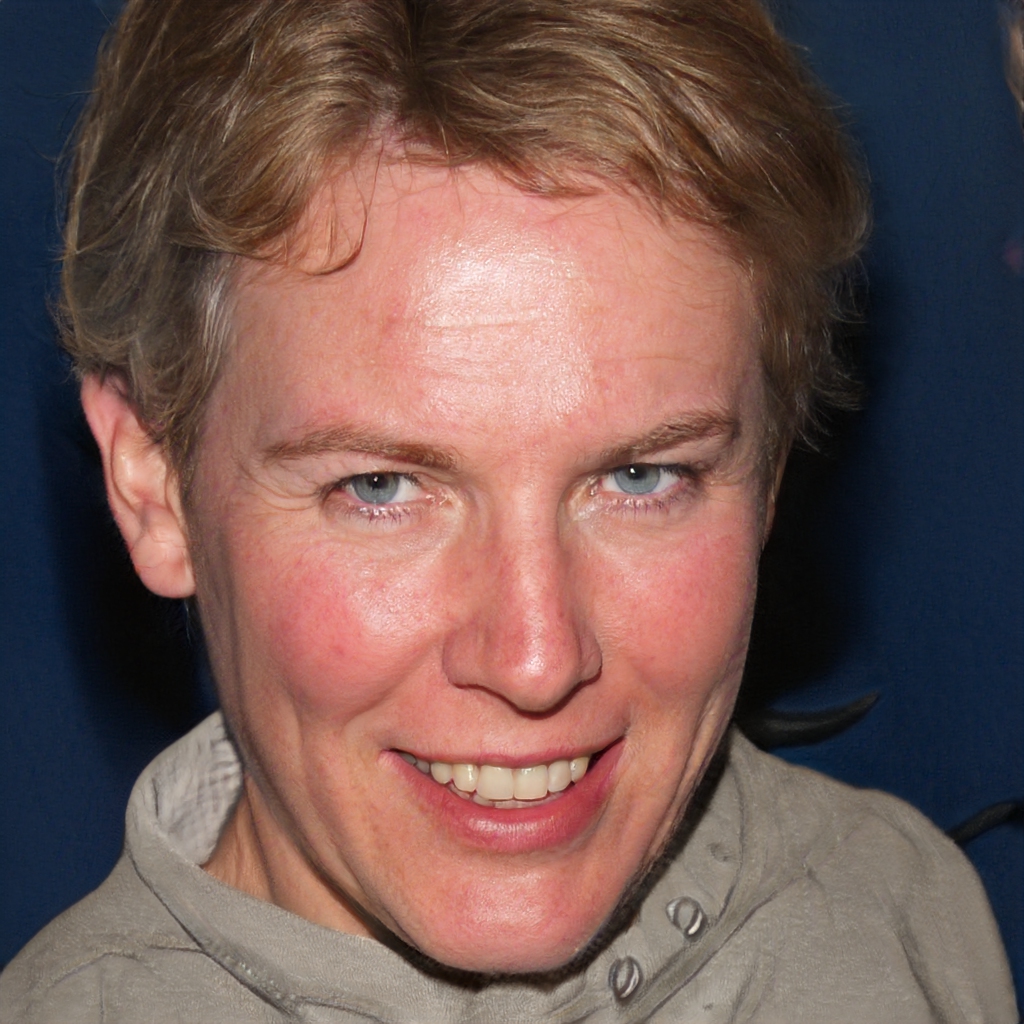Conflict Theory: Definition, Founder, Examples
Who Discovered conflict theory?
There is no one single person who can be credited with the discovery of conflict theory. Rather, it is a theory that has been developed over time by a number of different scholars and thinkers.
One of the earliest proponents of conflict theory was the German sociologist Karl Marx. In his seminal work, The Communist Manifesto, Marx argued that economic inequality was the root cause of social conflict. He believed that the wealthy bourgeoisie class exploited the working class, and that this would eventually lead to a revolution.
Marx's ideas were further developed by another German sociologist, Max Weber. Weber disagreed with Marx's economic determinism, but agreed that there was a relationship between economic inequality and social conflict. He also identified other factors that could contribute to social conflict, such as race, ethnicity, and religion.
The work of these early conflict theorists laid the foundation for much of the later work in the field. In the 20th century, scholars such as Randolph Bourne, W.E.B. Du Bois, and C. Wright Mills continued to develop the theory.
Today, conflict theory is one of the most influential perspectives in sociology, and continues to be used to explain a wide range of social phenomena.
What are the 8 types of conflict? The 8 types of conflict are:
1. approach-approach conflict
2. avoidance-avoidance conflict
3. approach-avoidance conflict
4. person-person conflict
5. person-task conflict
6. task-task conflict
7. person-environment conflict
8. environment-environment conflict
1. Approach-approach conflict occurs when an individual has two options that both have positive outcomes. For example, a student may be trying to decide between two different colleges to attend.
2. Avoidance-avoidance conflict occurs when an individual has two options, both of which have negative outcomes. For example, a student may be trying to decide whether to take a difficult class or an easy class.
3. Approach-avoidance conflict occurs when an individual has one option that has a positive outcome and one option that has a negative outcome. For example, a student may be trying to decide whether to go to a party or study for an exam.
4. Person-person conflict occurs when two individuals have different goals or objectives. For example, two coworkers may be vying for the same promotion.
5. Person-task conflict occurs when an individual has difficulty completing a task because of personal factors. For example, a student may have difficulty studying for an exam because of distractions from friends or family.
6. Task-task conflict occurs when two tasks are in competition for an individual's time and attention. For example, a student may have to choose between attending a class and working on a project.
7. Person-environment conflict occurs when an individual's personal preferences are in conflict with the demands of the environment. For example, a student may find the noise level in a library to be too distracting.
8. Environment-environment conflict occurs when the physical or social environment is in conflict with another environment. For example, a company may be trying to decide whether to build a What is conflict theory Max Weber? Conflict theory, as formulated by Max Weber, is the idea that there is a fundamental conflict between different groups in society, and that this conflict is the driving force behind social change. This conflict can take many forms, but it typically manifests as a struggle for power or resources.
Weber believed that this conflict was inevitable, and that it was the engine that drove history. He saw conflict as a natural and necessary part of social life, and argued that it was only through conflict that progress was possible. This conflict could take many different forms, but it was always present in some form or another.
Weber's conflict theory has been influential in many different fields, and has been used to explain a wide variety of social phenomena. It is a controversial theory, however, and has been critiqued by many different scholars.
What are the 4 types of conflict?
There are four types of conflict: approach-approach, avoidance-avoidance, approach-avoidance, and avoidance-approach.
1. Approach-approach conflict occurs when an individual is faced with two equally attractive options, and must choose between them. An example of this would be choosing between two vacation destinations.
2. Avoidance-avoidance conflict occurs when an individual is faced with two equally unattractive options, and must choose between them. An example of this would be choosing between two unpleasant tasks.
3. Approach-avoidance conflict occurs when an individual is faced with an attractive option and an unattractive option, and must choose between them. An example of this would be choosing between going to a party and staying home to study.
4. Avoidance-approach conflict occurs when an individual is faced with an unattractive option and an attractive option, and must choose between them. An example of this would be choosing between eating a healthy meal and eating a delicious but unhealthy meal.
What are the 3 conflict theory?
1. The conflict theory posits that there is a fundamental conflict between different groups in society, such as between capitalists and workers.
2. The conflict theory also argues that social change is the result of conflict between different groups.
3. Finally, the conflict theory suggests that power is not evenly distributed in society, and that those who have power are able to use it to further their own interests.
